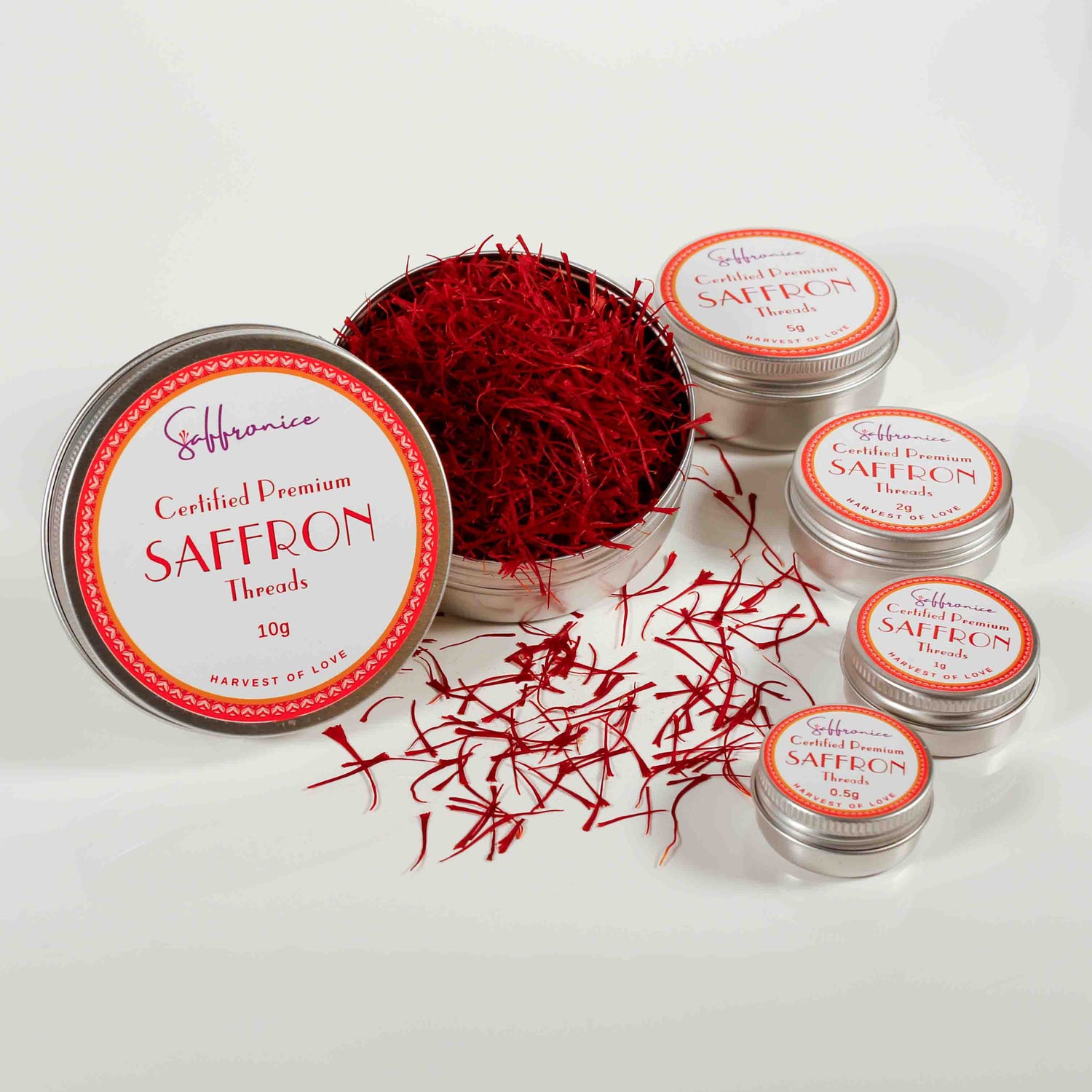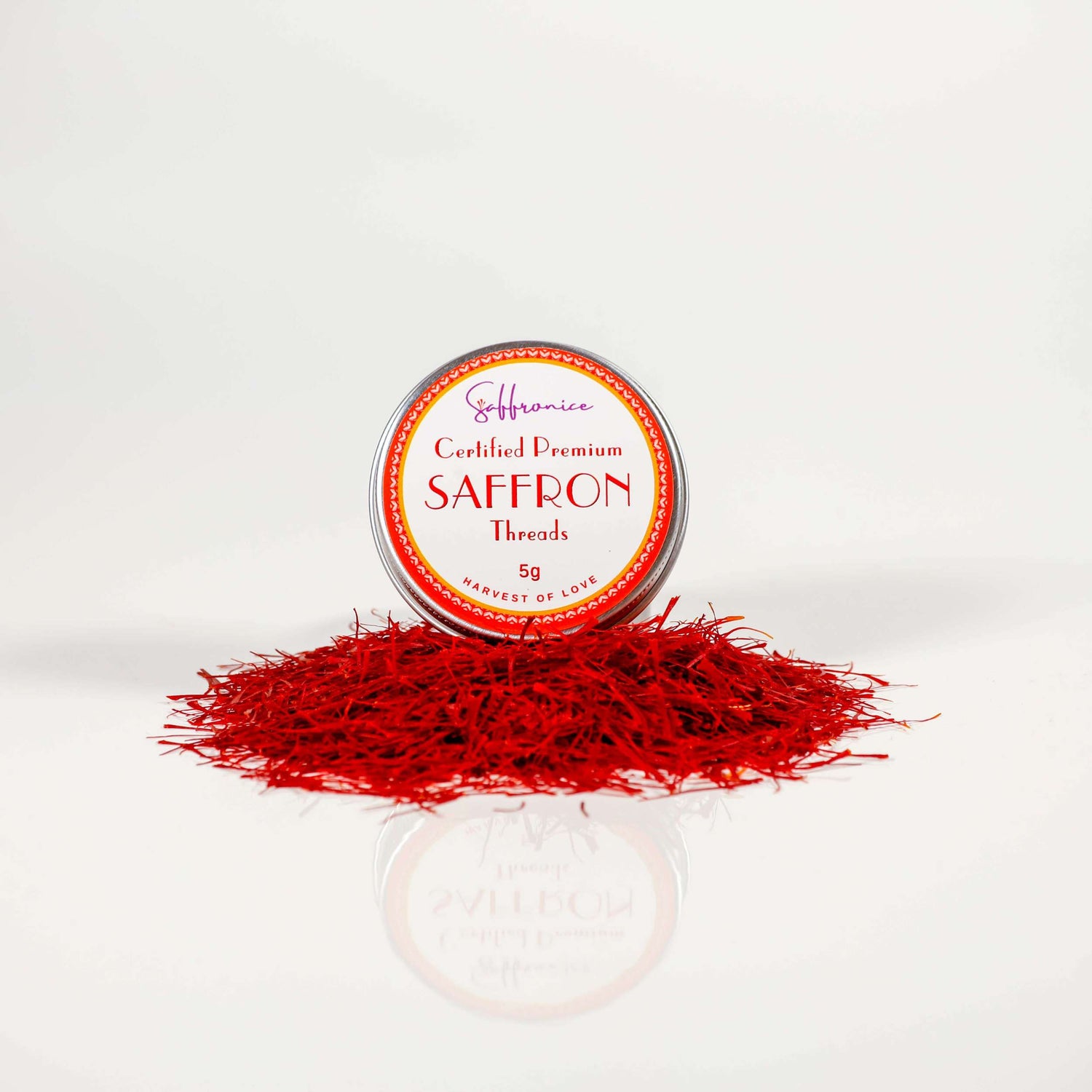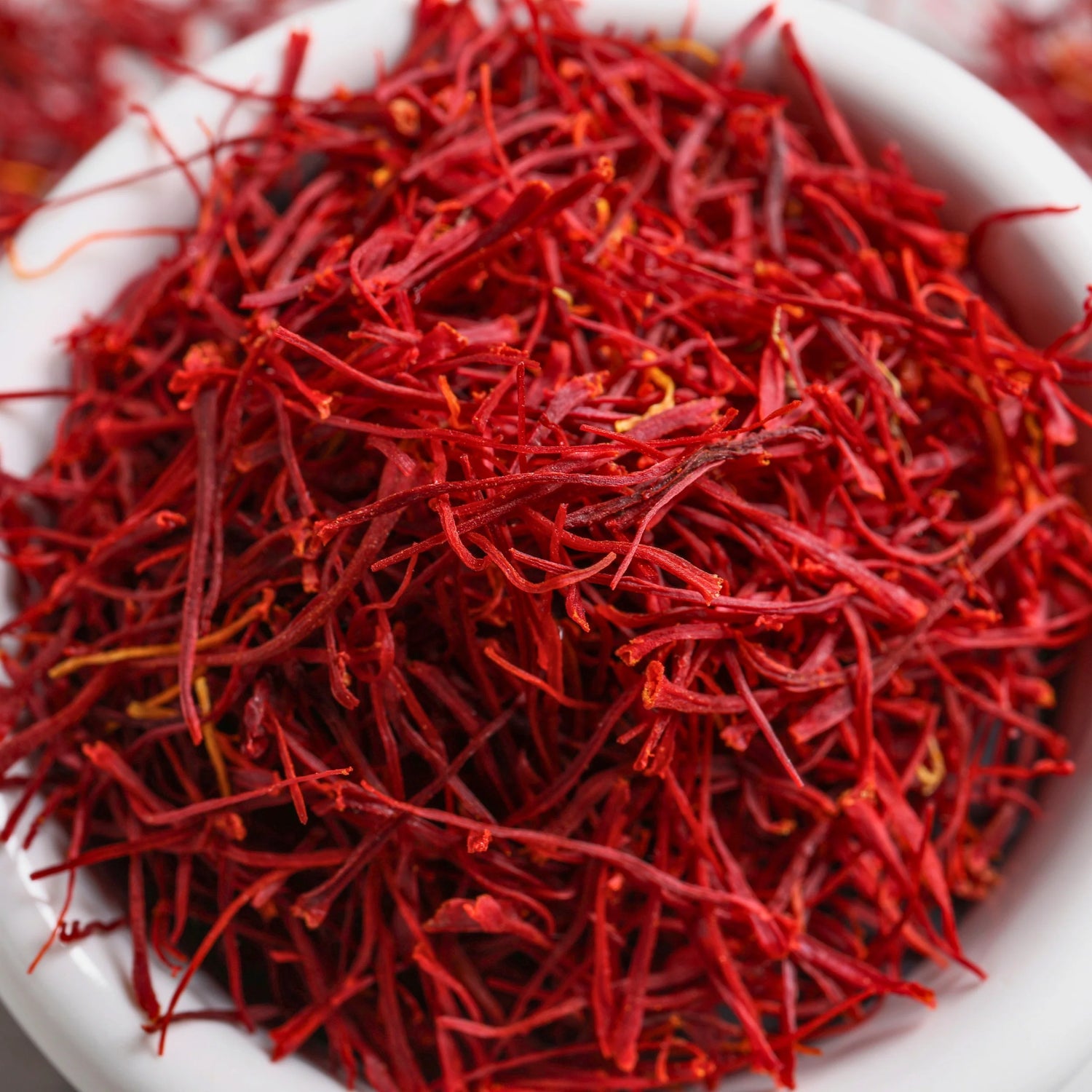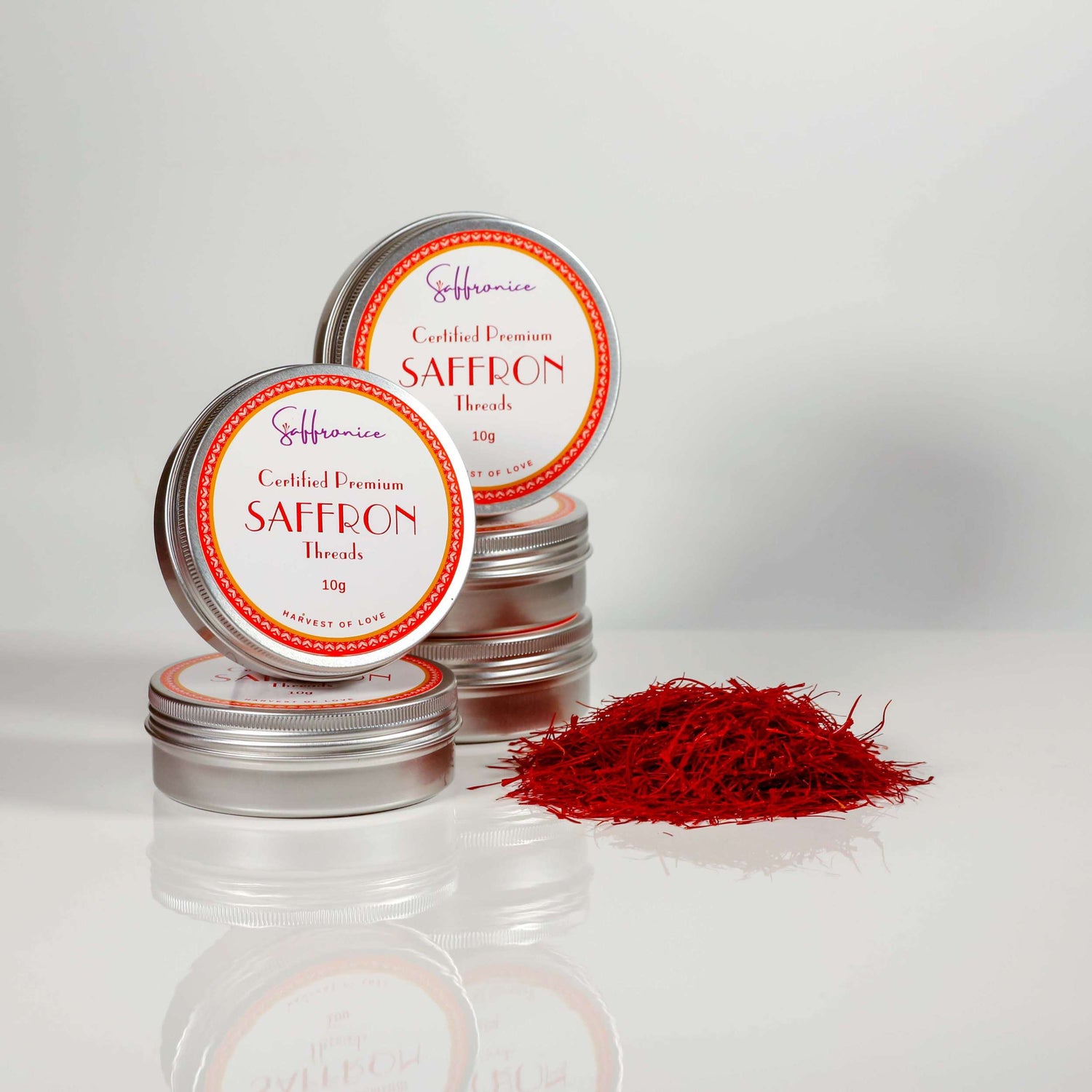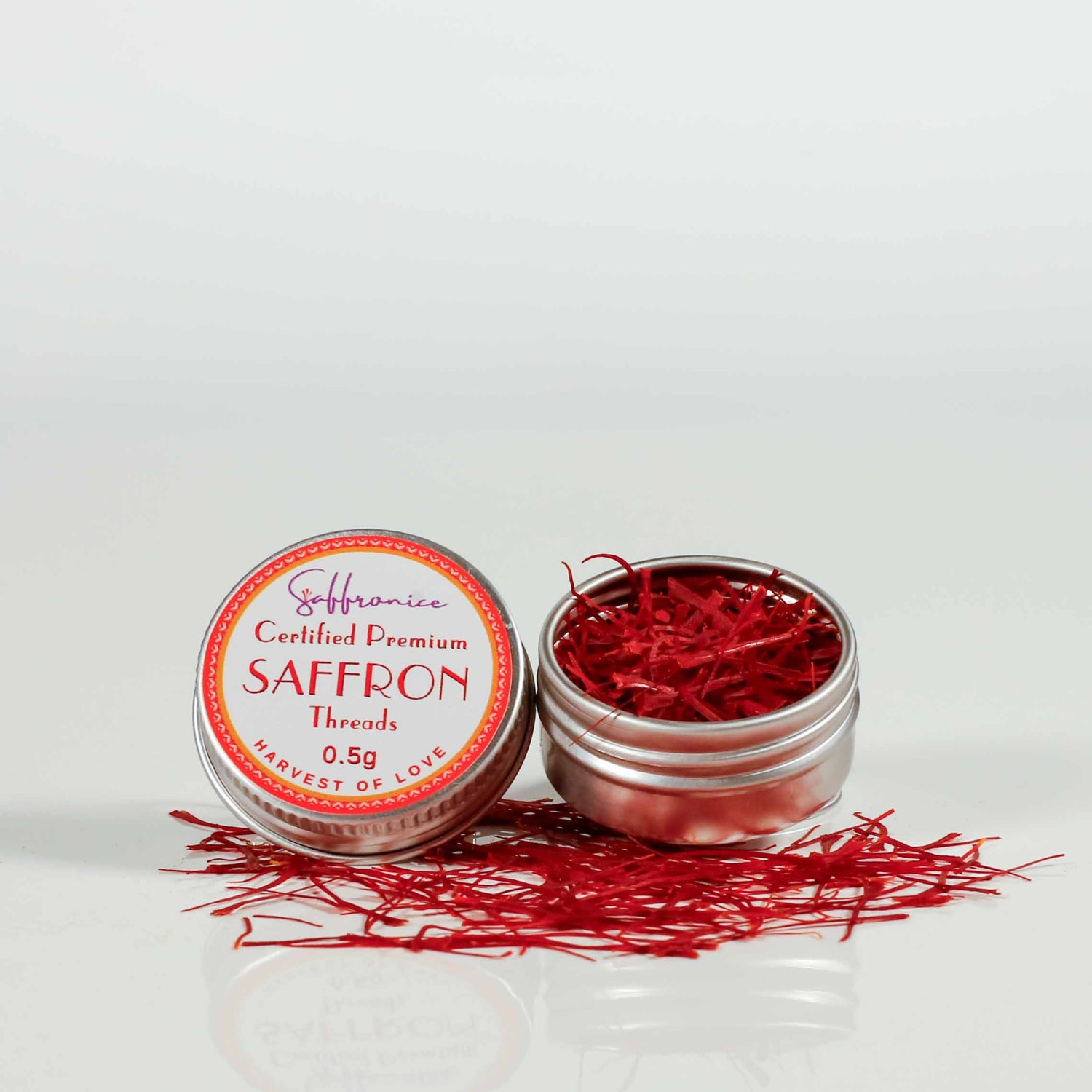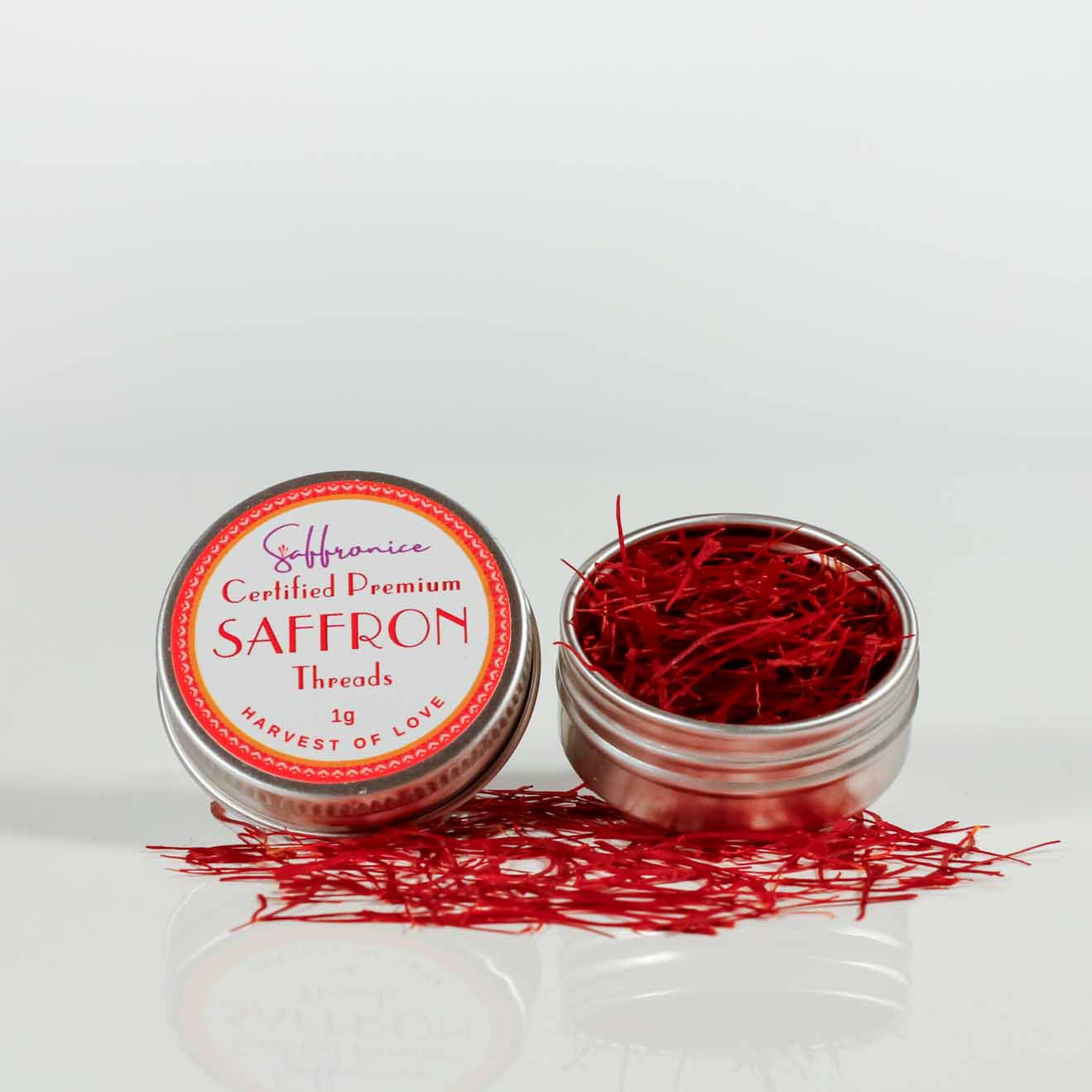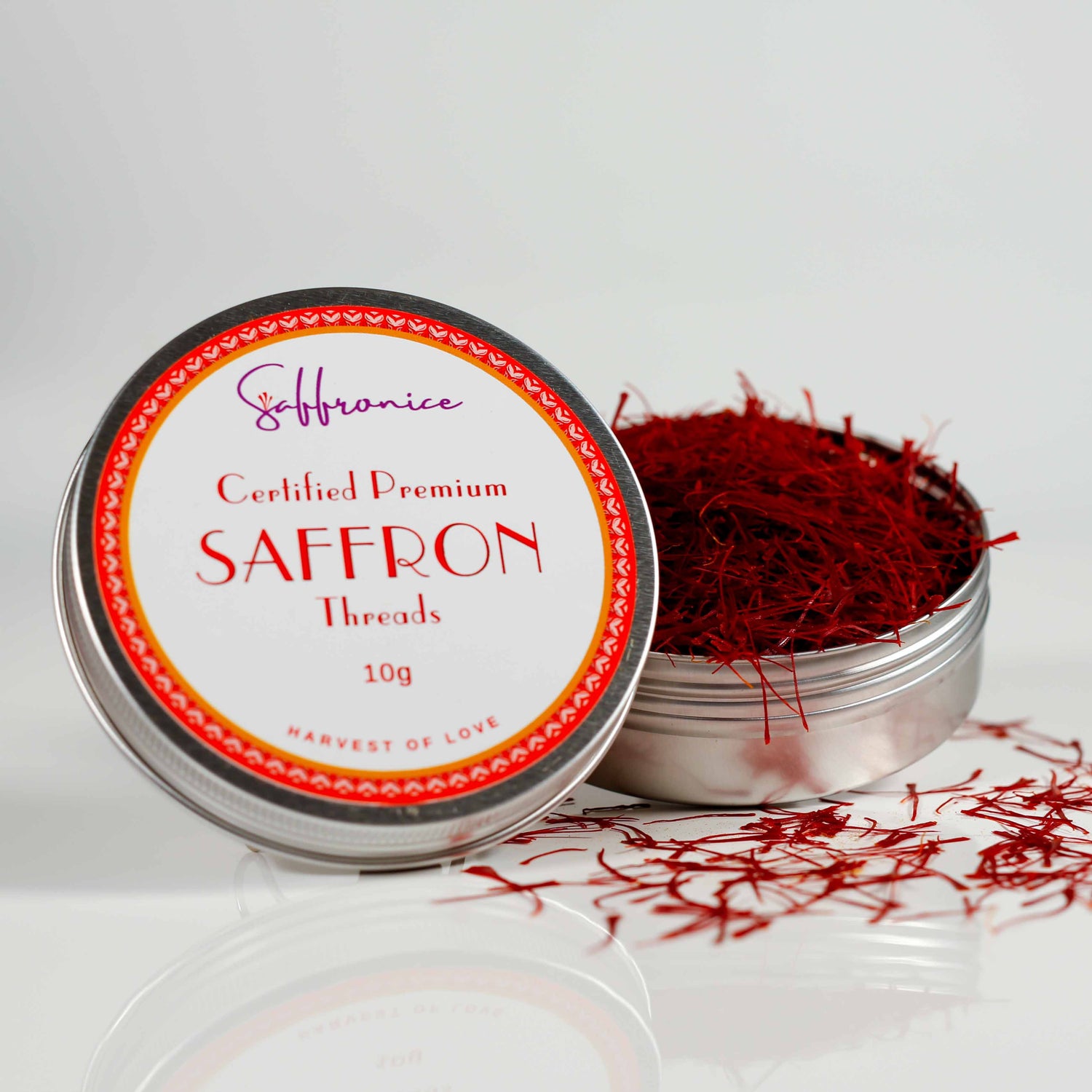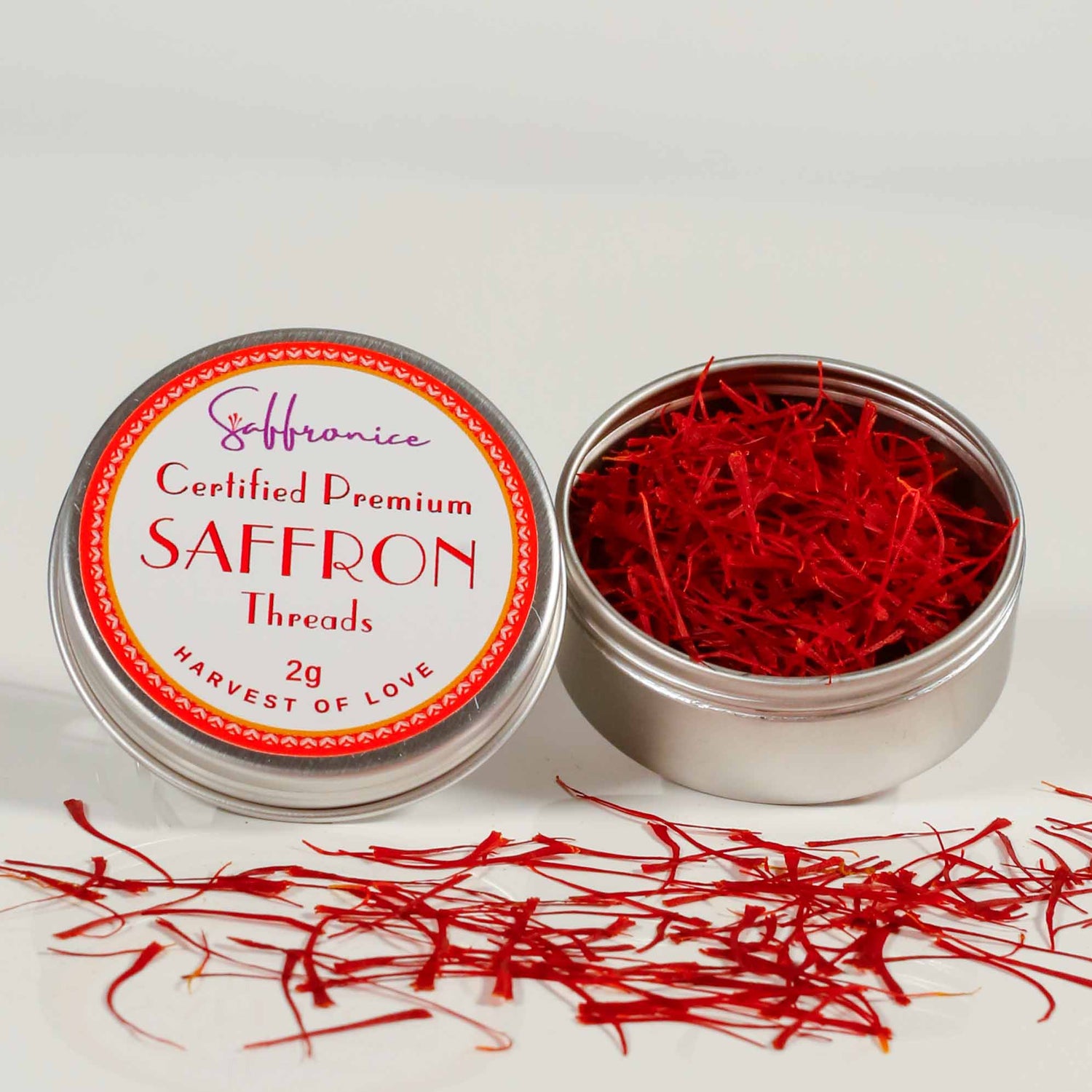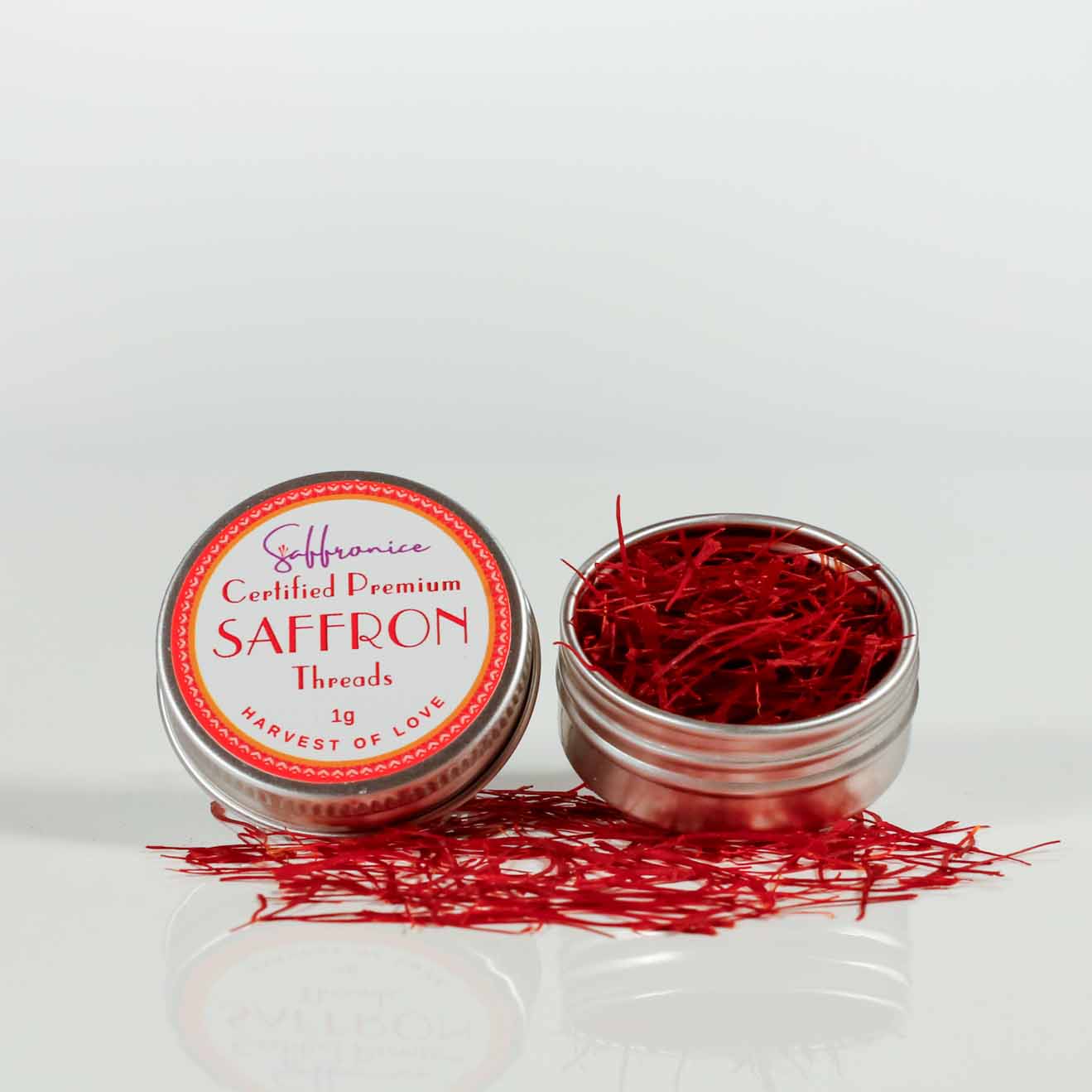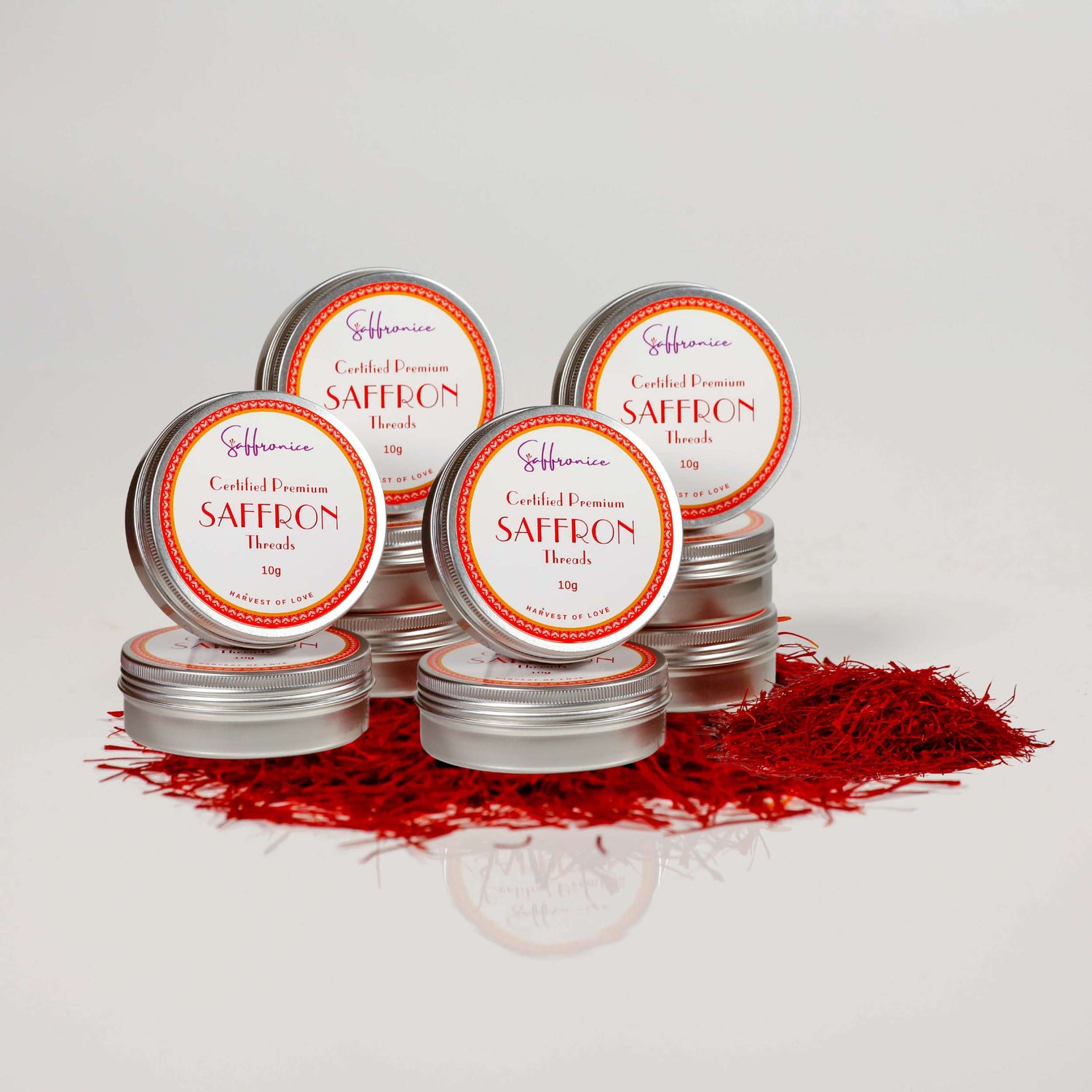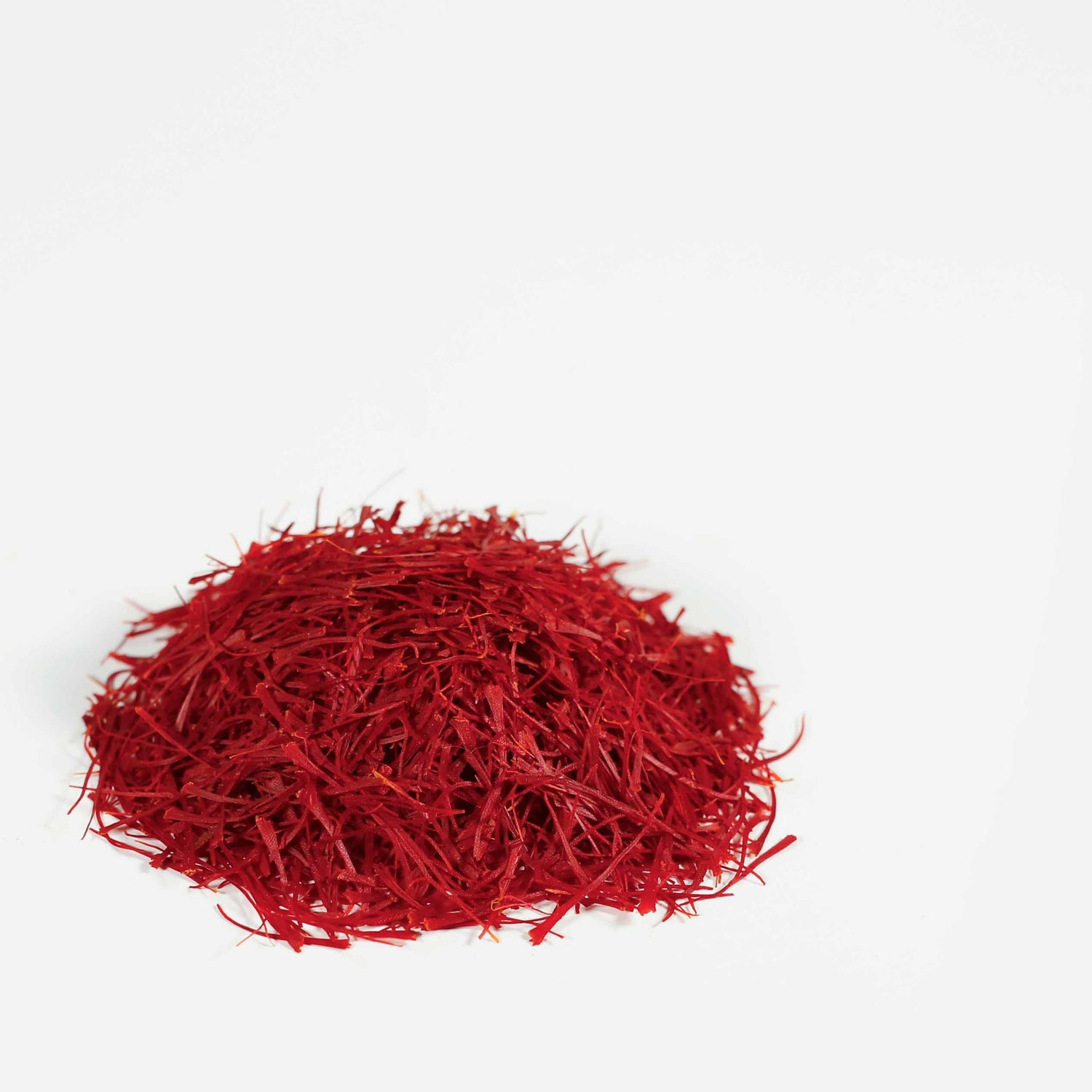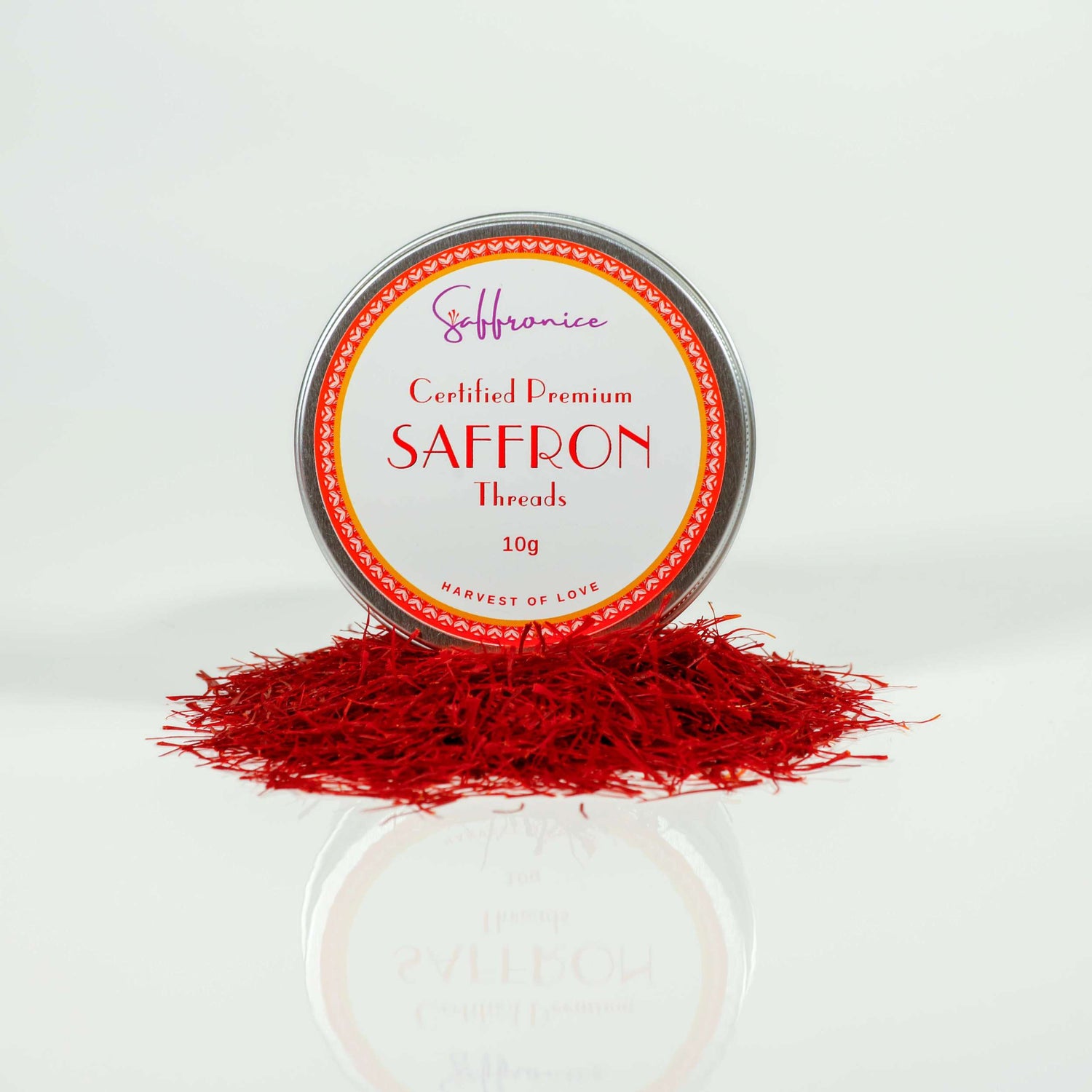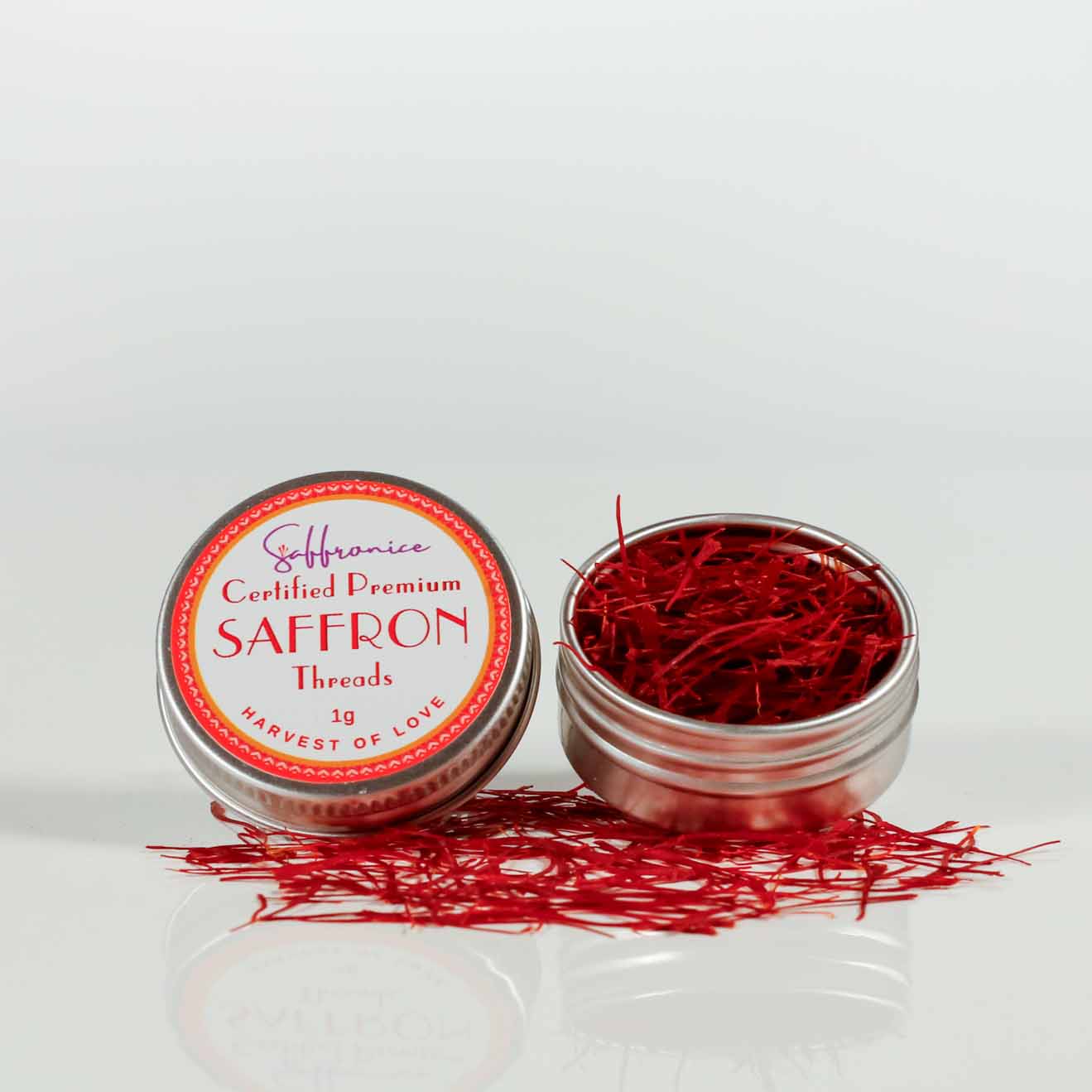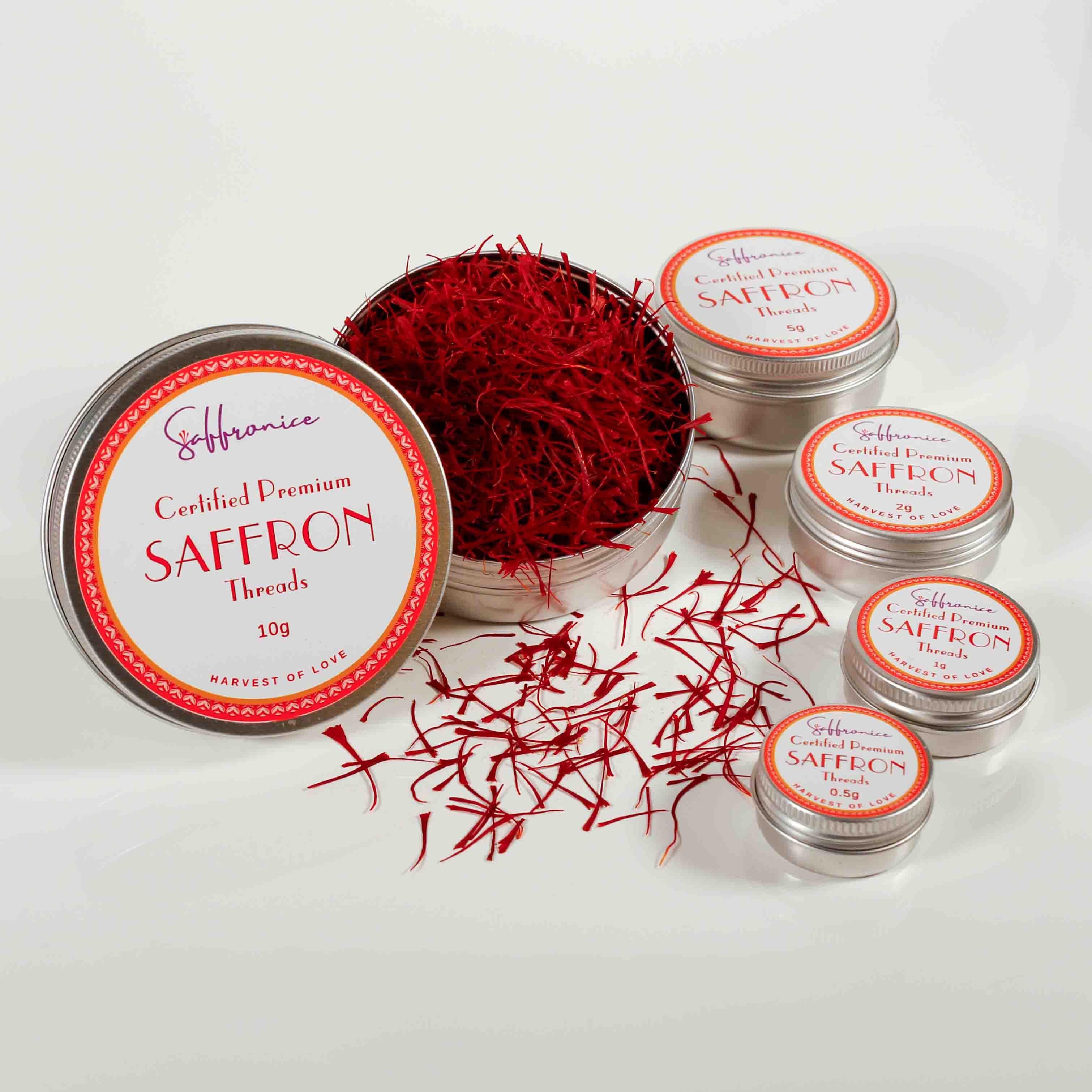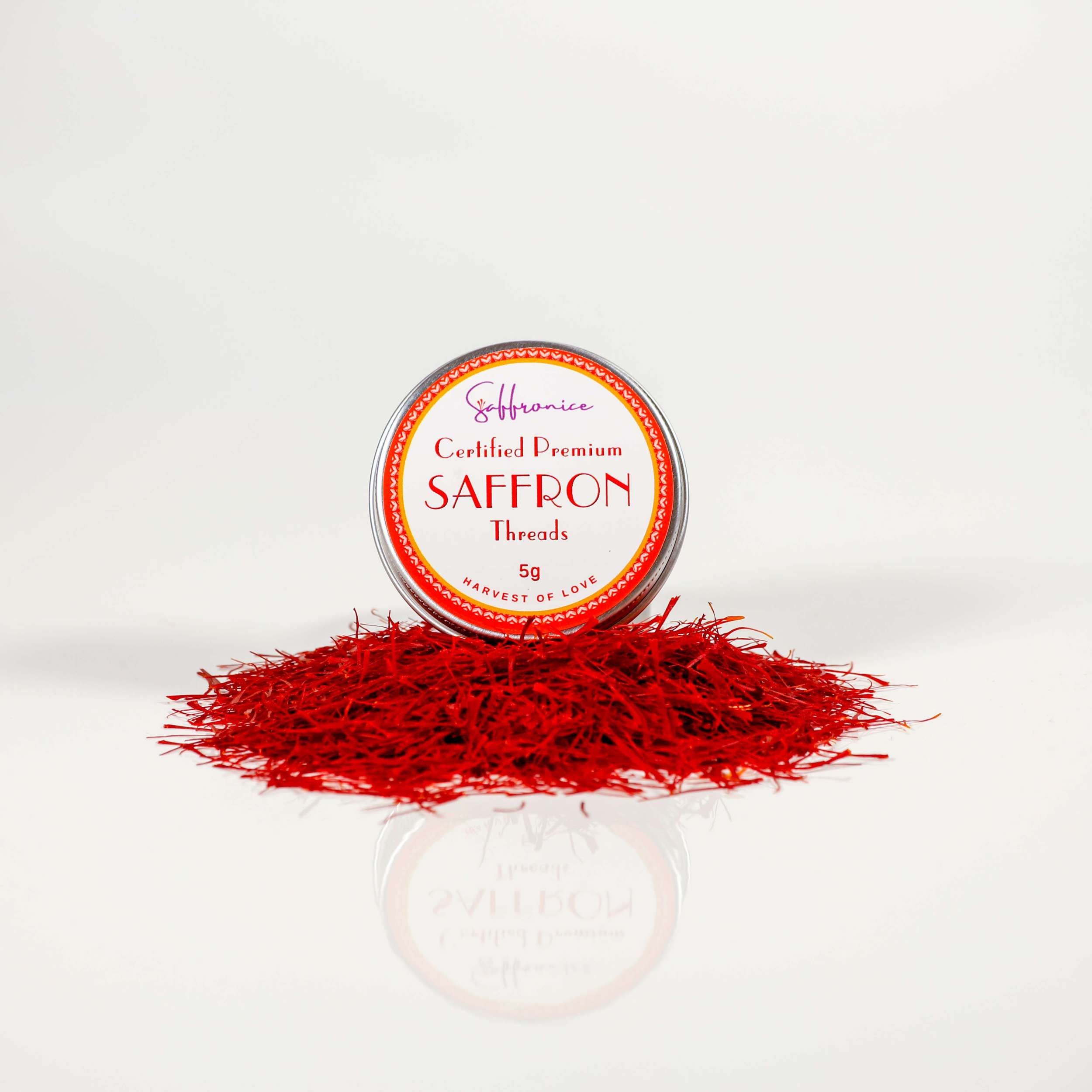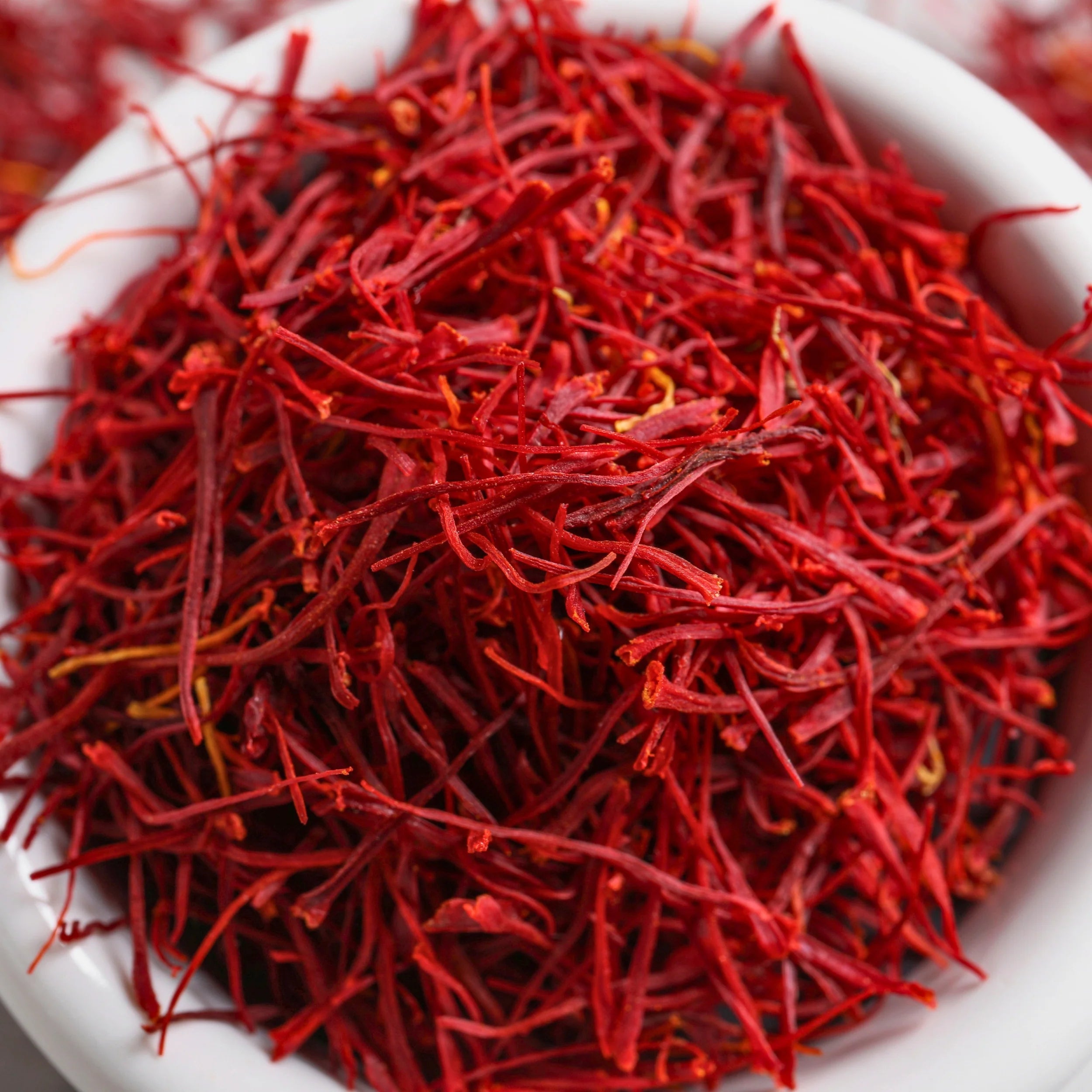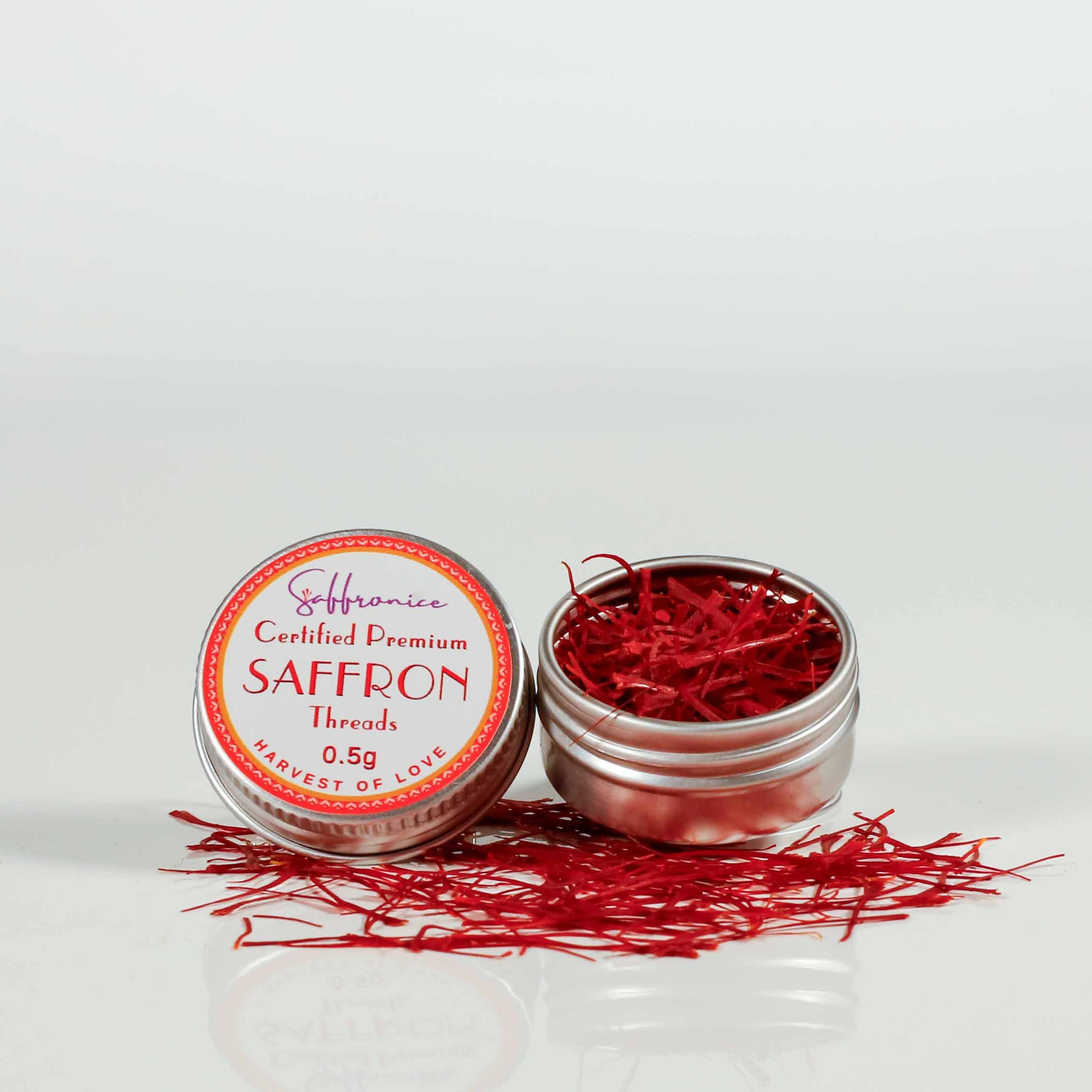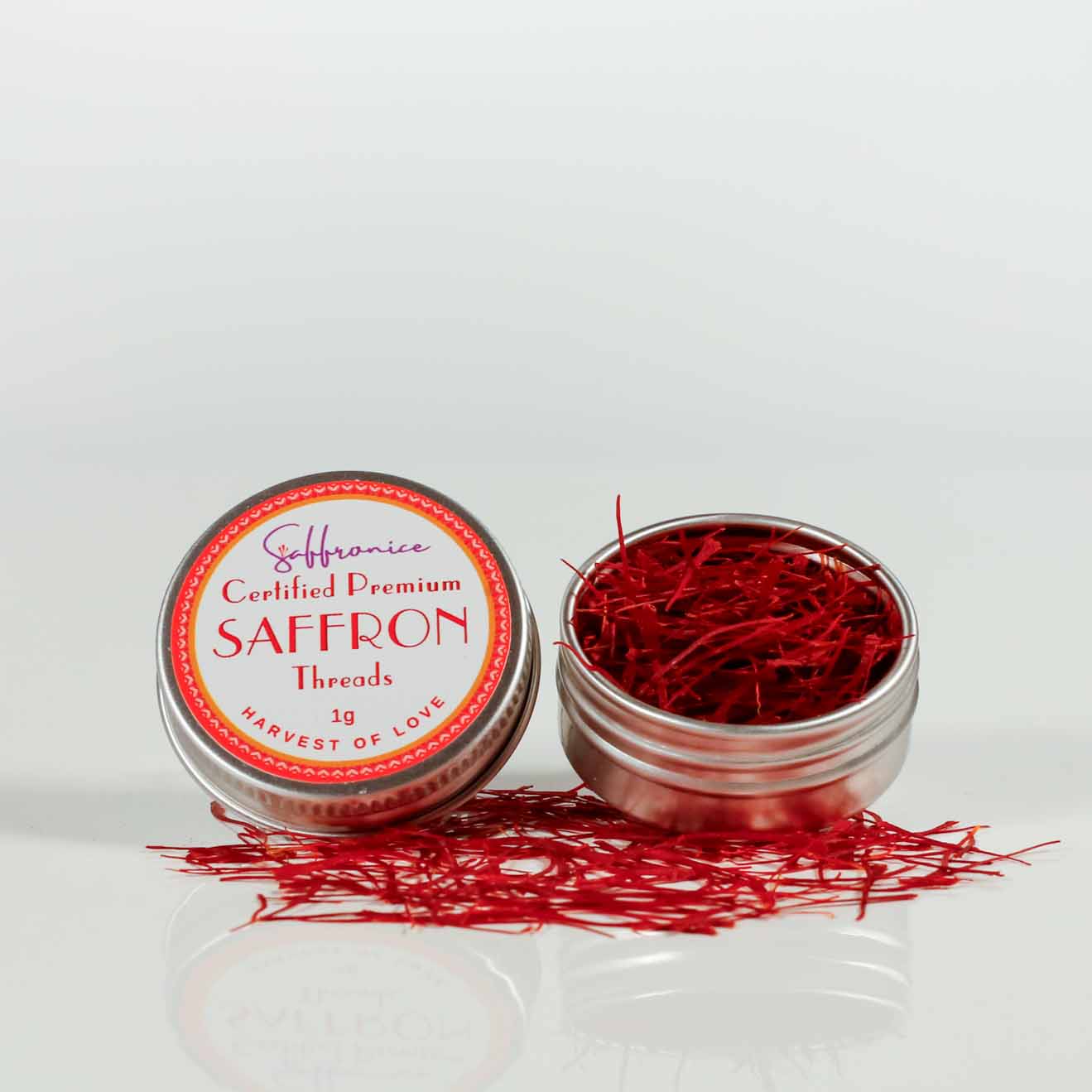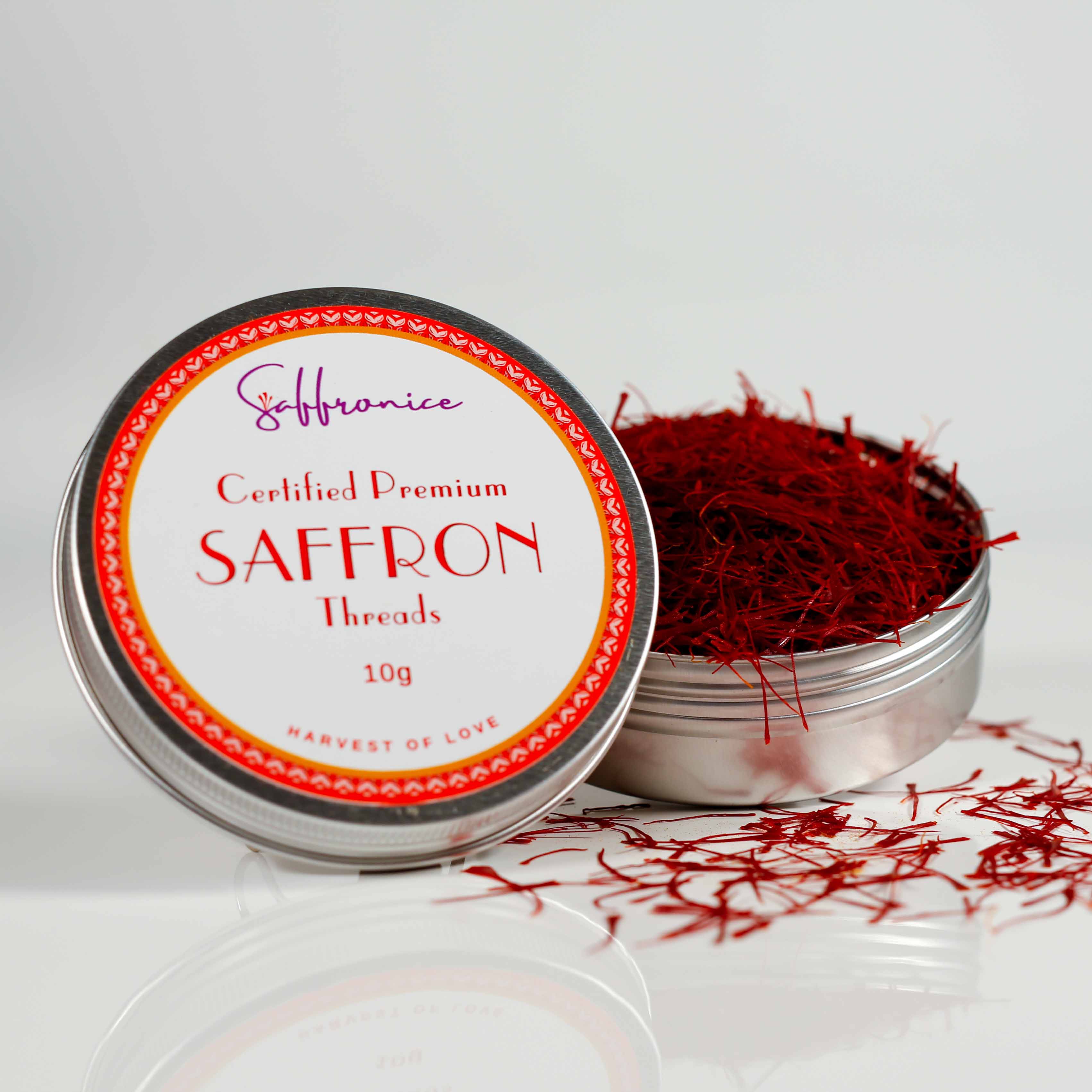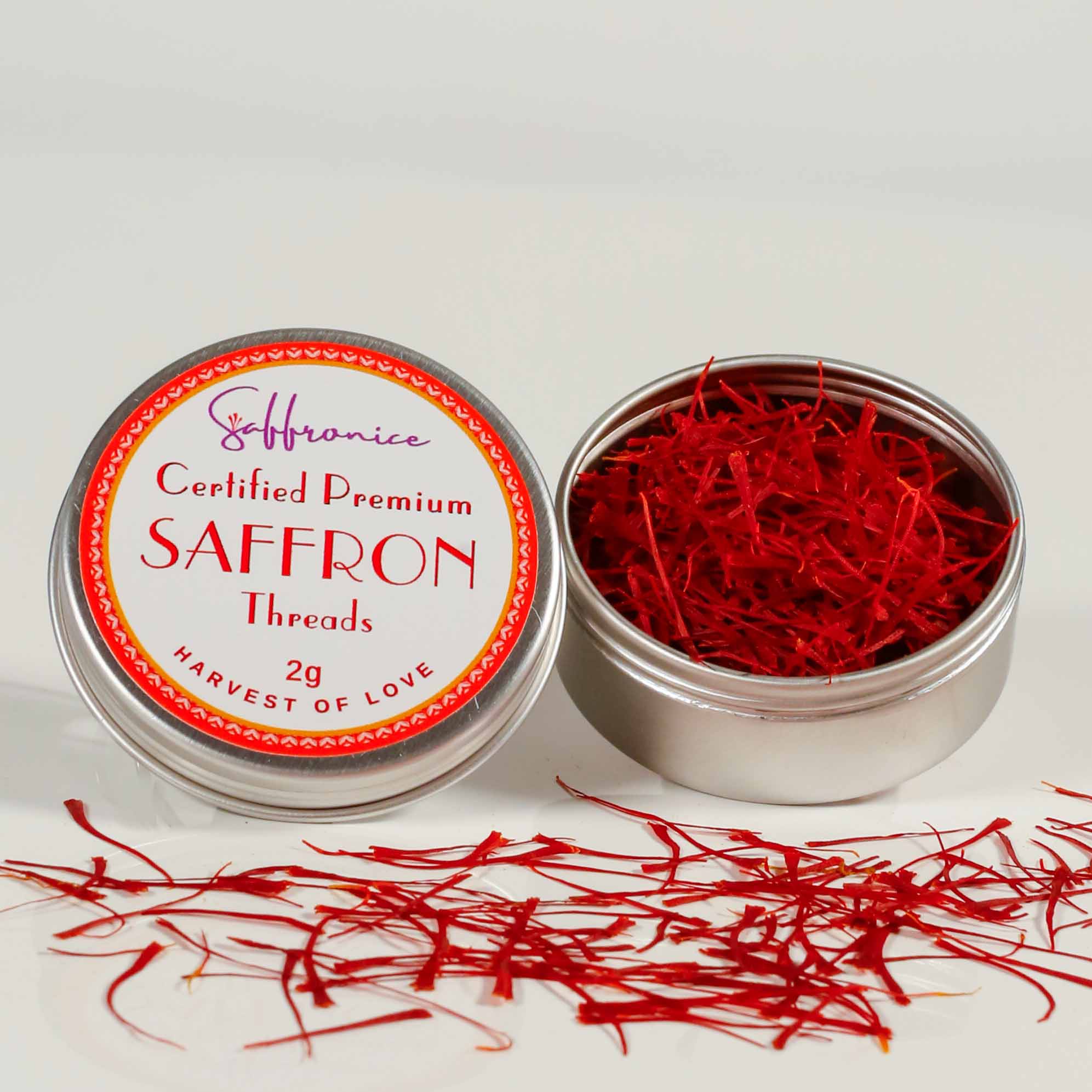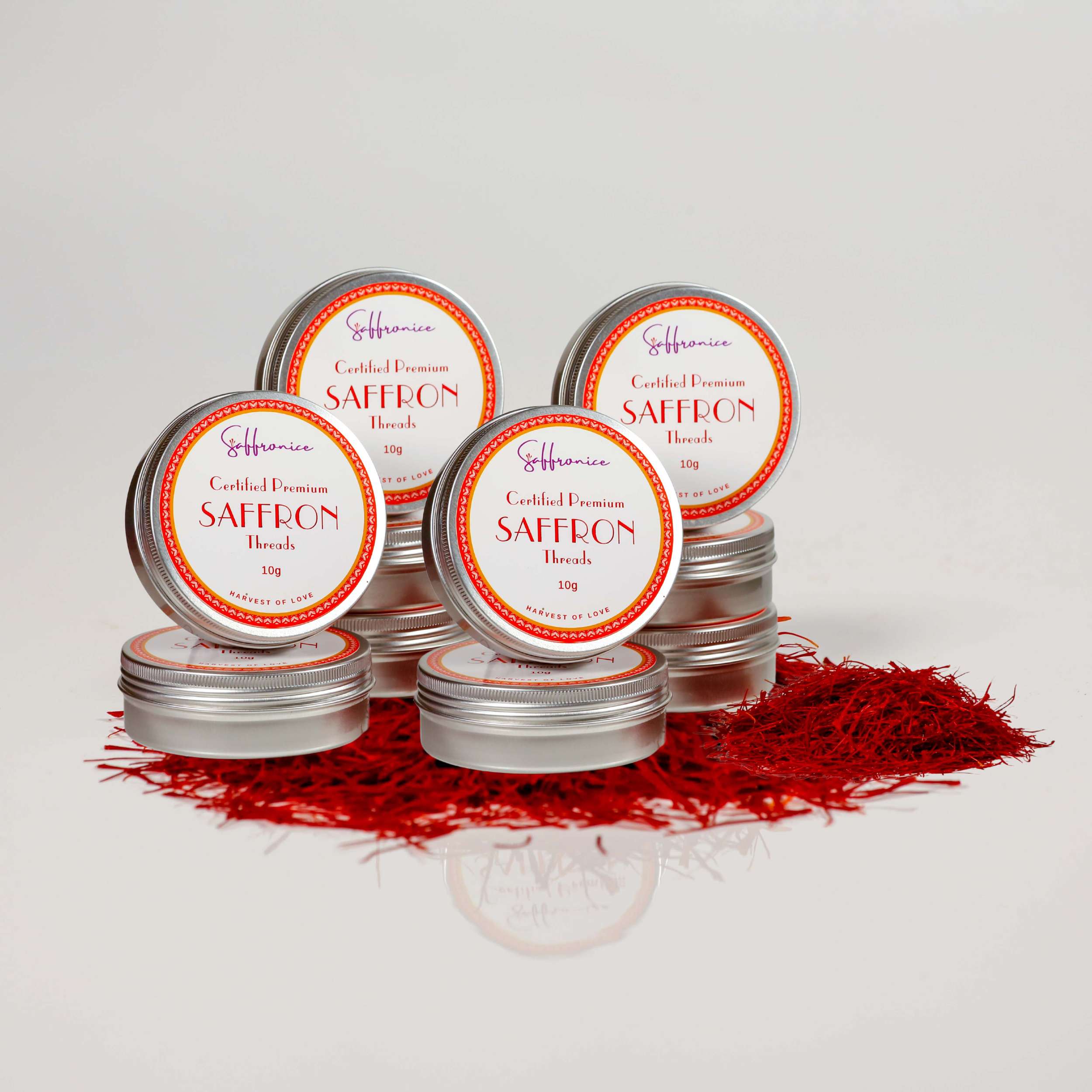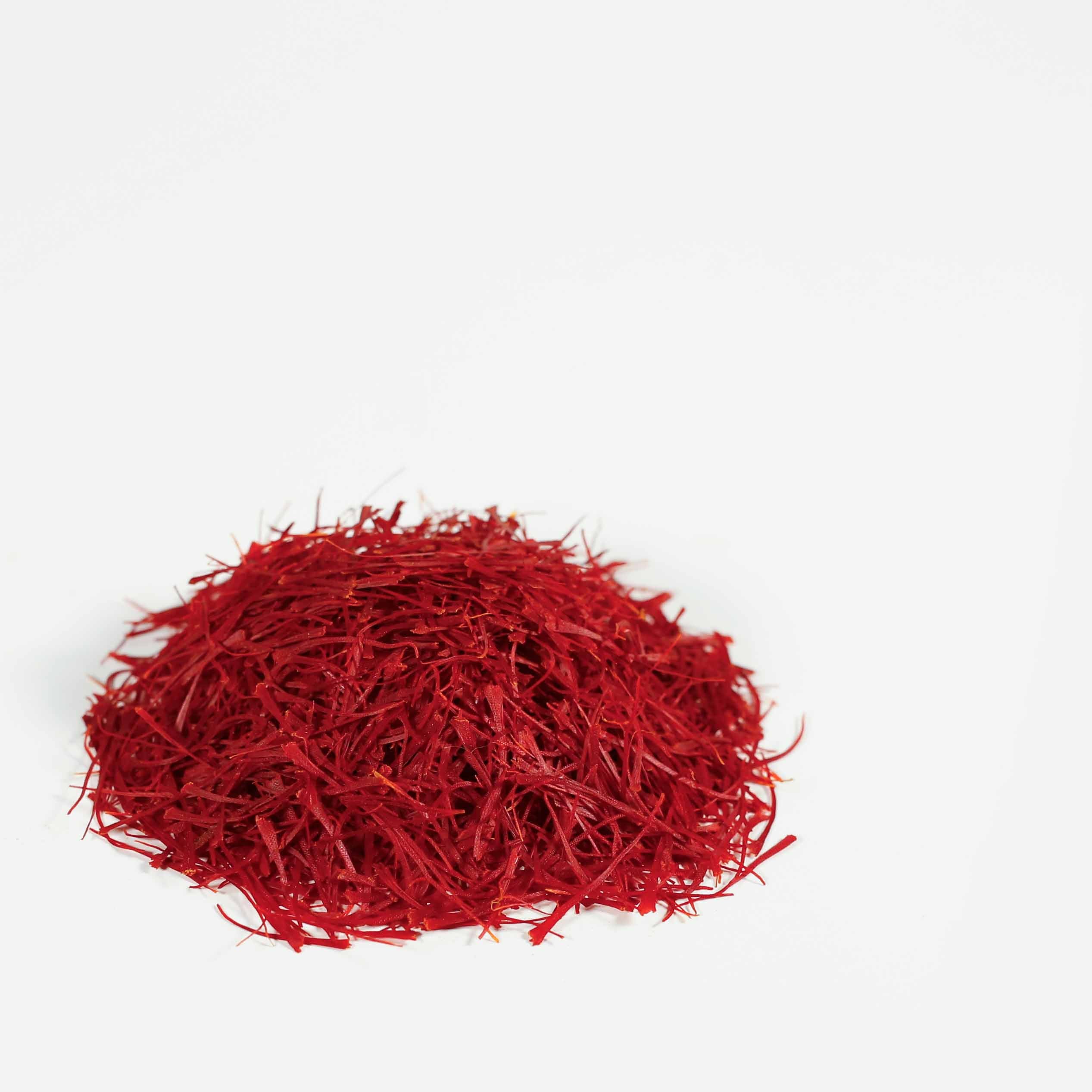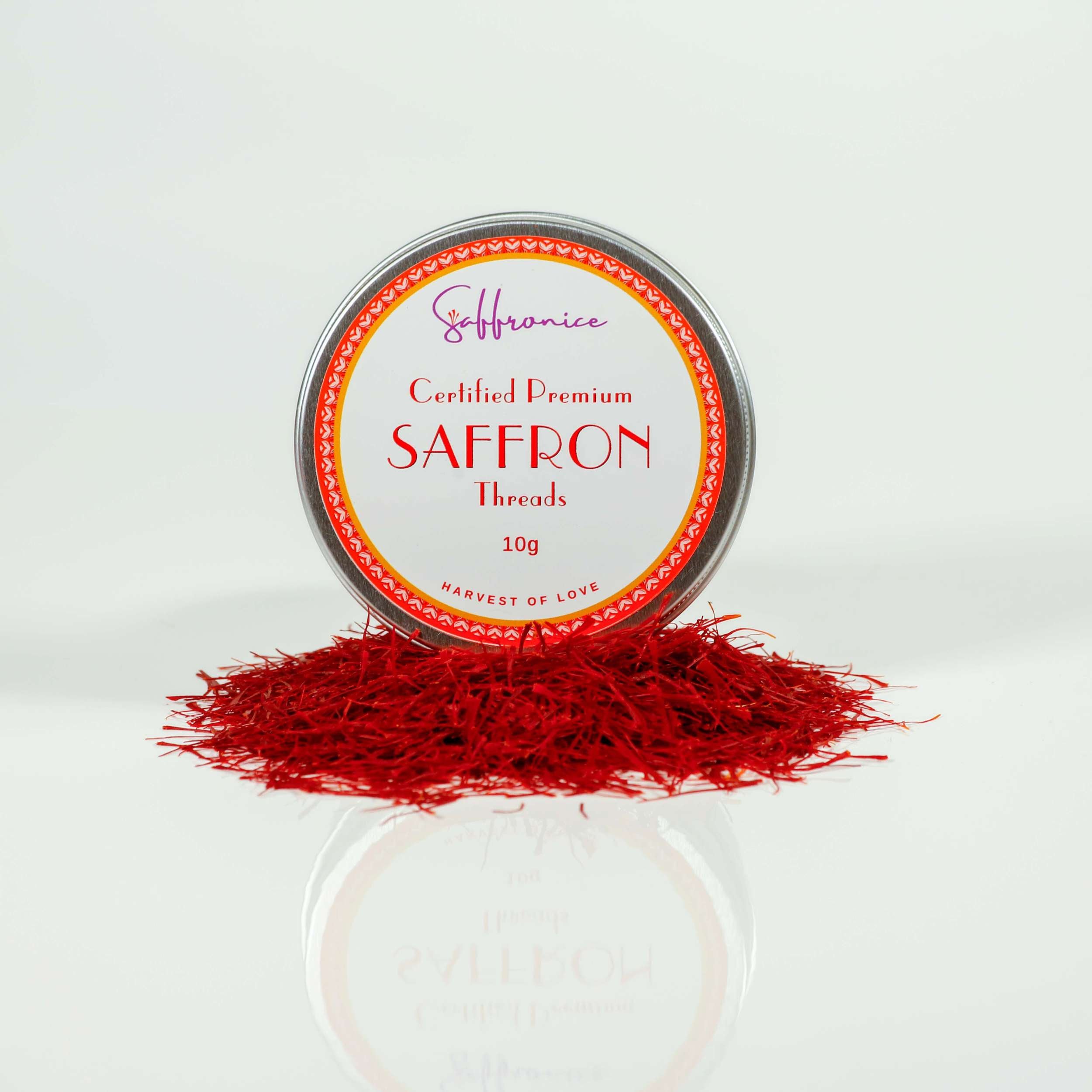 Saffron's Cancer-Fighting Breakthroughs
Saffron's Cancer-Fighting Breakthroughs
Cancer is a complex and devastating disease that affects millions of people worldwide. Despite advances in modern medicine, there is still much to be learned about the best ways to prevent and treat cancer. In recent years, there has been growing interest in the potential health benefits of saffron, including its possible anti-cancer effects. In this article, we'll take a closer look at the latest scientific research about saffron and cancer.
Saffron and Cancer: The Evidence
While more research is needed to fully understand the potential anti-cancer effects of saffron, there is some evidence to suggest that it may be helpful in preventing and treating certain types of cancer.
For example, a study published in the journal Cancer Science in 2019 found that saffron extract inhibited the growth and proliferation of colorectal cancer cells in vitro. Another study, published in the journal Nutrition and Cancer in 2020, found that saffron extract inhibited the growth of prostate cancer cells in vitro.
In addition, a review of studies published in the journal Pharmacological Research in 2019 concluded that saffron has potential as a cancer chemopreventive agent due to its ability to inhibit cancer cell proliferation, induce apoptosis (programmed cell death), and suppress tumor growth and metastasis.
How Does Saffron Work Against Cancer?
The exact mechanisms by which saffron may work against cancer are still being studied, but there are a few theories.
First, saffron contains a number of bioactive compounds, including crocin, safranal, and picrocrocin, which have antioxidant and anti-inflammatory properties. These properties may help to protect cells from oxidative stress and inflammation, both of which can contribute to the development and progression of cancer.
In addition, saffron may help to regulate cell signaling pathways that are involved in cancer cell growth and proliferation. For example, saffron has been shown to inhibit the activity of certain enzymes, such as matrix metalloproteinases, that are involved in tumor invasion and metastasis.
Finally, saffron may help to modulate the immune system, which plays a critical role in cancer prevention and treatment. For example, saffron has been shown to stimulate the activity of natural killer cells, which are important immune cells that help to identify and destroy cancer cells.
Conclusion
While more research is needed to fully understand the potential anti-cancer effects of saffron, the evidence to date is promising. Saffron may have the ability to inhibit cancer cell growth and proliferation, induce apoptosis, suppress tumor growth and metastasis, and modulate the immune system. As such, saffron may be a valuable addition to cancer prevention and treatment strategies. However, it's important to note that saffron is not a replacement for standard cancer treatments, and anyone with cancer should always consult with their healthcare provider before using any new supplements or treatments.



